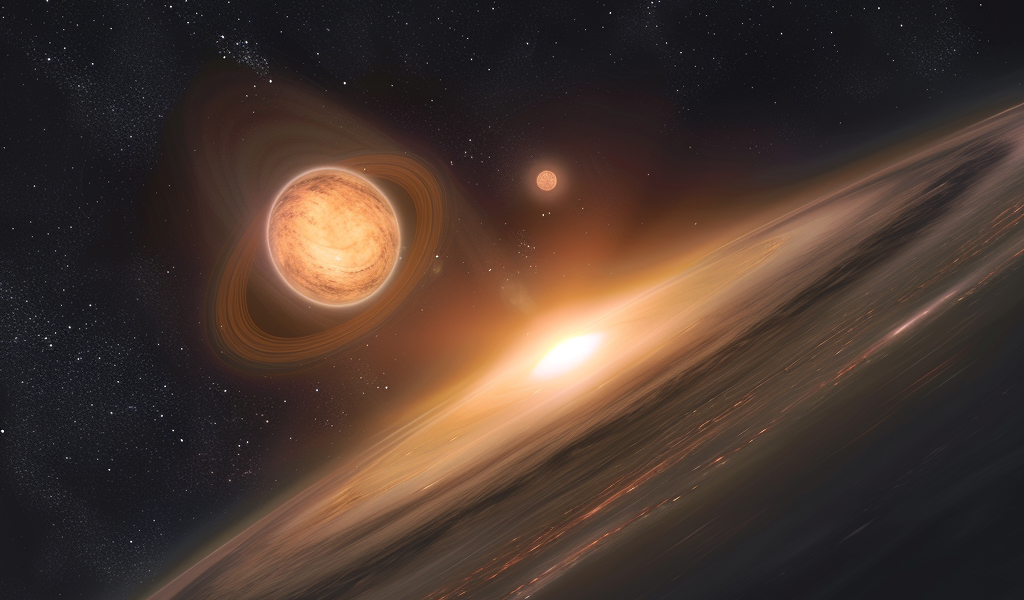March 20, 2024
Is our solar system ordinary or peculiar? This is a fundamental question in astronomy, and scientists are gaining insight as they study the over 5,500 exoplanets discovered around distant stars. However, a significant challenge arises from the fact that certain stars have been observed consuming their own planets, complicating efforts to define what is ‘normal’ for planetary systems.
A new study published in Nature suggests that planetary engulfment may be a common occurrence in the cosmos. An international team of scientists examined pairs of closely spaced co-natal stars—stars born at the same time from the same dust and gas mixture. While these stars should initially have similar compositions, the researchers found that 8 percent of the twin pairs exhibited one star emitting elements typically found on planets.
Yuan-Sen Ting, an astrophysicist at the Australian National University and one of the study’s authors, emphasized the strength of the observed signals. The team believes that the 8 percent figure may be a conservative estimate, with weaker signals of planetary engulfment potentially present as well.
Previous studies have explored co-natal stellar twins to identify stars consuming planets, but this latest research provides a more comprehensive analysis. Stephen Kane, an astrophysicist at the University of California, Riverside, who was not involved in the study, described the findings as a significant consolidation of various aspects, highlighting its significance.
The authors propose that the observed signals of stellar indigestion indicate planetary consumption occurring during the stars’ adulthood, beyond their turbulent youth when gravitational disturbances would typically lead to planets plunging into their stars. This implies that gravitational disruptions, possibly caused by passing rogue stars or migrating gas giants, can routinely propel rocky worlds into the grasp of their host stars, even within mature planetary systems.
Furthermore, this insight offers a potential method to enhance exoplanet detection efficiency. Lorenzo Spina, an astrophysicist at the Astronomical Observatory of Padua in Italy, suggested that the chemical composition of stars could be utilized to prioritize targets for planet hunting. Stars lacking the signature of planetary engulfment may present higher probabilities for hosting exoplanets.





